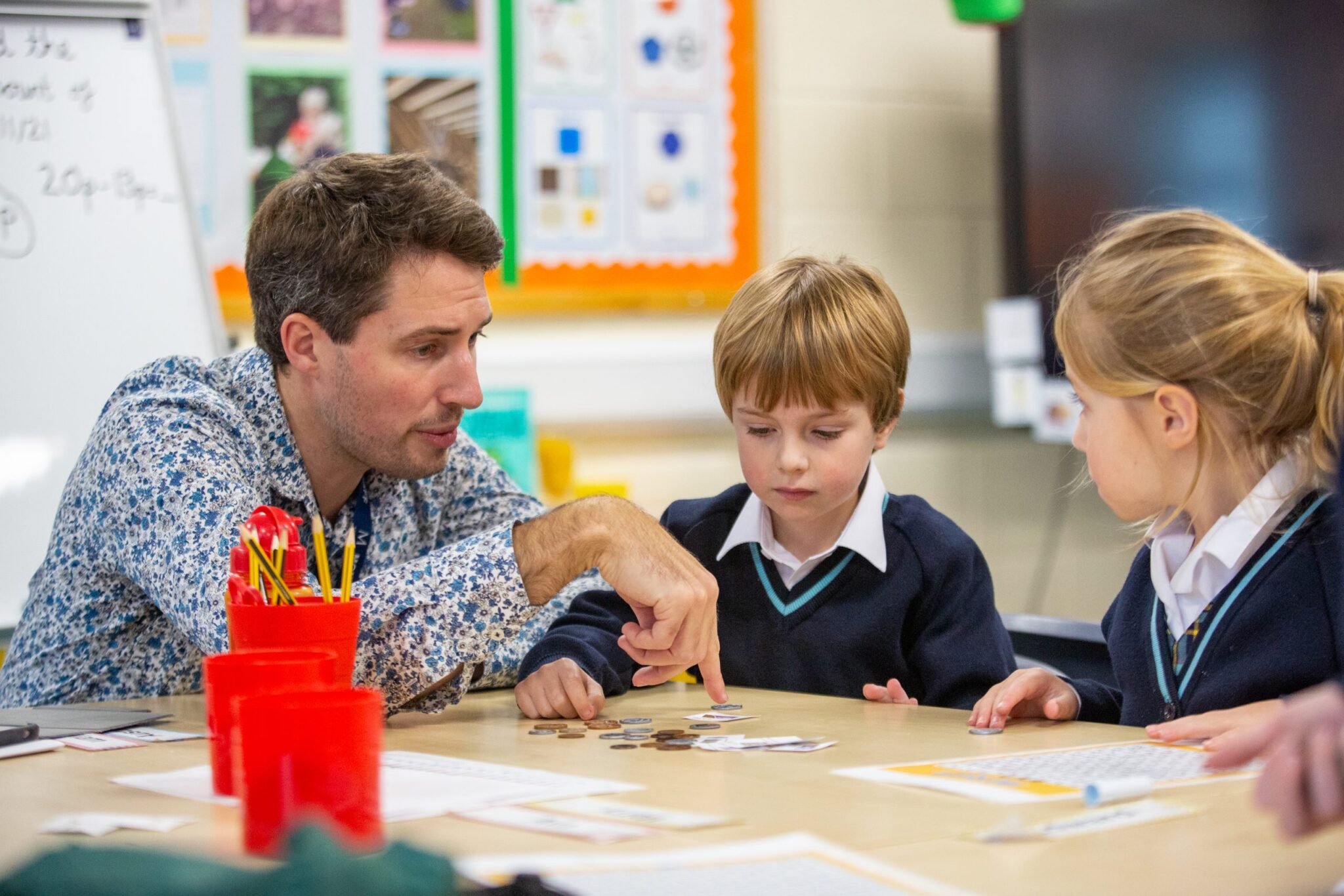This year’s results show attainment gap is widening, despite Tory pledges to close it
Pupils in private schools are more than twice as likely to achieve A or A* grades as those in the state sector, according to official figures that expose a widening attainment gap in education in England after more than 13 years of Conservative government.
The statistics, released by the regulator Ofqual, follow last week’s A-level results and come despite repeated pledges by ministers to close the divide by driving up standards in non-fee paying schools.
In 2019, Michael Gove, the Tory education secretary from 2010 to 2014 who pushed expansion of Labour’s academies programme, insisted it remained his hope that educating children privately would become unnecessary and viewed as unusual. “I would have hoped we would have been able to make sending your children to a private school, as it is in Europe, an increasingly eccentric choice,” Gove said.
The latest A-level results, which saw thousands of students miss out on top marks as the government enforced a reversal of post-pandemic grade inflation, highlight the continuing advantages in terms of grades enjoyed by pupils at private schools.
While 47.4% of pupils in private schools achieved at least one A or A* grade, only 22% did so in secondary comprehensives, 25.4% in academies and just 14.2% in state further education institutions.
Although the government insists that academies have driven up standards, the gap between the percentage of pupils achieving the top grades in private and state schools has widened since 2019. In that year, 44.8% of pupils in private schools received a top grade against 24% in academies.
Ahead of a week when the government plans to focus on schools policy, the shadow education secretary, Bridget Phillipson, accused ministers of being “more interested in protecting tax breaks for private schools than raising standards in state schools”.
Calling on the education secretary Gillian Keegan to “stop toadying to private schools and start delivering for working-class children”, Phillipson said: “The best way she can do that is by adopting Labour’s plan to recruit thousands more teachers, paid for by ending tax breaks for private schools.
“Labour will drive high and rising standards in state schools to ensure that background is no barrier to children getting on in life.”
Labour has proposed a package of policies to remove tax exemptions from private schools, which includes levying VAT on fees. The revenue raised would then be used to increase state school spending and would be targeted at pupils from disadvantaged backgrounds.
A recent report by the Institute for Fiscal Studies (IFS) estimated that levying VAT on fees would raise about £1.6bn a year. The report found that average school fees across the UK were £15,200 in today’s prices (net of bursaries and scholarships). This was £7,200 higher than state school spending per pupil, which was £8,000 in 2022–23 (including day-to-day and capital spending). The IFS said the gap between private school fees and state school spending per pupil had more than doubled since 2010, when the gap was about 40% or £3,500.
In addition to its plans to recruit thousands more teachers, Labour said it would introduce a requirement to hold or be working towards qualified teacher status for all new teachers, offer bonus payments to new recruits completing early career training and simplify the complicated network of incentive payment schemes to keep more “world-class” teachers in the classroom.
Writing online in today’s Observer, Lee Elliot Major, social mobility professor at the University of Exeter, says: “Sadly for education’s have-nots, the dials are all pointing in the wrong direction. The stark academic gap between private and state schools is now wider than it was before the pandemic.”
He adds: “For all the talk of levelling up, geographical divides have also widened: students in London and the south-east have pulled further away from their peers in the rest of England when it comes to securing highest grades. Yes, more pupils on free school meals have entered higher education in 2023; but this is merely a product of the rising tide of child poverty pulling more students into hardship – hardly something to celebrate.”
Elliot Major predicts more “ill tidings” with the release of GCSE results on Thursday. “Around a third of teenagers will have failed to secure the basics in their English and maths exams after 12 years of schooling – a statistic that has scarred the education system for decades.”
The government today announces a “Brit School for the north” to nurture the “next generation of creative talent” and provide opportunities for rising stars on stage and screen.
Located in Bradford, the new free school will be based on the award-winning performing arts Brit School in south London, which has helped to launch the careers of artists and actors including Adele, Amy Winehouse, Tom Holland and Jessie J.
Keegan said: “This announcement will mean more young people will be able to reach their potential and follow in their footsteps, at the new Brit School in the north. We are broadening opportunities so more of our children can access this springboard to success in the UK’s growing creative industries.”



